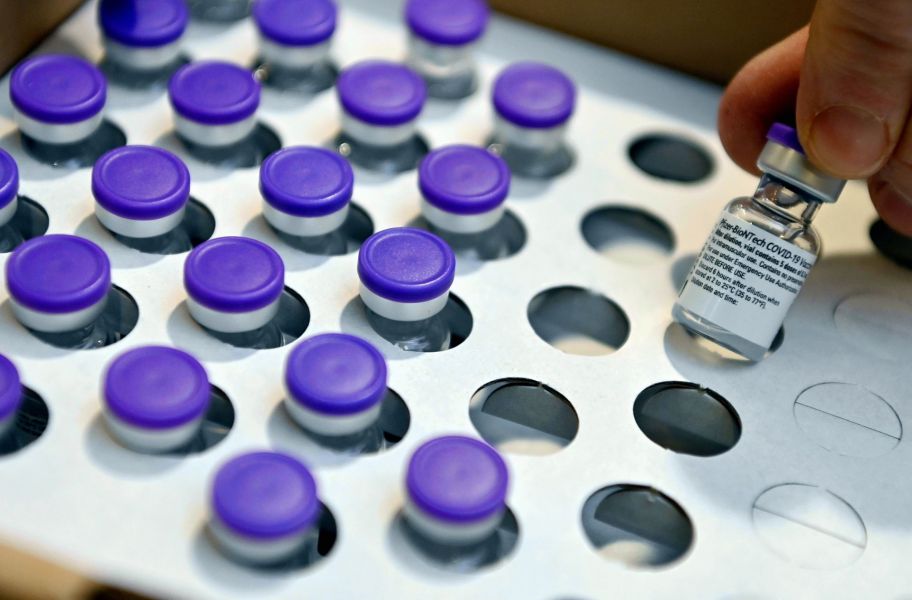The G7 countries on Sunday promised to give at least one billion doses of coronavirus vaccines to poorer countries in an effort to achieve equal distribution.
The vaccines will both be distributed by the countries themselves and will be given to the World Health Organisation (WHO) and United Nation's Covax distribution programme.
"I have asked my counterparts to help prepare and deliver the necessary doses to vaccinate the world by the end of 2022. The leaders have committed to more than a billion doses," United Kingdom's Prime Minister Boris Johnson said at a press conference following the decision.
According to German Chancellor Angela Merkel, the G7 group wants to make it possible to distribute 2.3 billion vaccine doses.
It has not yet been specified how many vaccines will be given per country, however, Johnson had announced earlier that the United Kingdom will provide 100 million doses from their own surpluses.
Related News
- 'Coronavirus vaccines do not make arms magnetic': Belgian study confirms
- Belgium tops EU vaccination league
The decision was made during the G7 summit held in Cornwall, in England, where Germany, France, Italy, Japan, Canada, the UK, the EU, and the United States' leaders met.
European Council President Charles Michel welcomed the vaccine commitment, adding that meeting the demand for vaccines was definitely a "priority" of the G7 summit.
"Partners have united to accelerate the production and delivery of vaccines worldwide," Michel said.
During the summit, the leaders also worked on a plan which states that in the event of a future pandemic, the world should be able to prepare itself within 100 days.
Starting line
Earlier the same day, WHO's top executive Tedros Adhanom Ghebreyesus said he wants at least 70% of the world's population to be vaccinated within a year, calling on the G7 for help in achieving this goal.
"We are running the race of our lives, but it is not a fair race and most countries are only just crossing the starting line," he said.
Both the G7 and Ghebreyesus agreed the goal must be achieved by the next G7 summit, which will take place in Germany in 2022.
The WHO recognised that the goal will not be achieved overnight, but has said it will require much greater effort than has been planned so far and that 11 billion doses are needed to reach this target.
Ghebreyesus added that more can be done than simple donations, but that countries should also share technology and suspend patents on vaccines, which has been a point of contention between the European Commission and Parliament during the past few days.
On Thursday, the European Parliament called for the temporary lifting of intellectual property rights protection for Covid-19 vaccines to improve global access to the vaccine and to address global production constraints and supply shortages, in contradiction with the Commission’s stance.
Instead, the Commission has argued for compulsory licences, which would allow public authorities to take away a patent holder’s choice to refuse to license his or her invention in certain cases – and public health is one of them.
This imposition would then be accompanied by financial compensation for the patent holder, which von der Leyen said would be “a legitimate tool to scale up production.”

